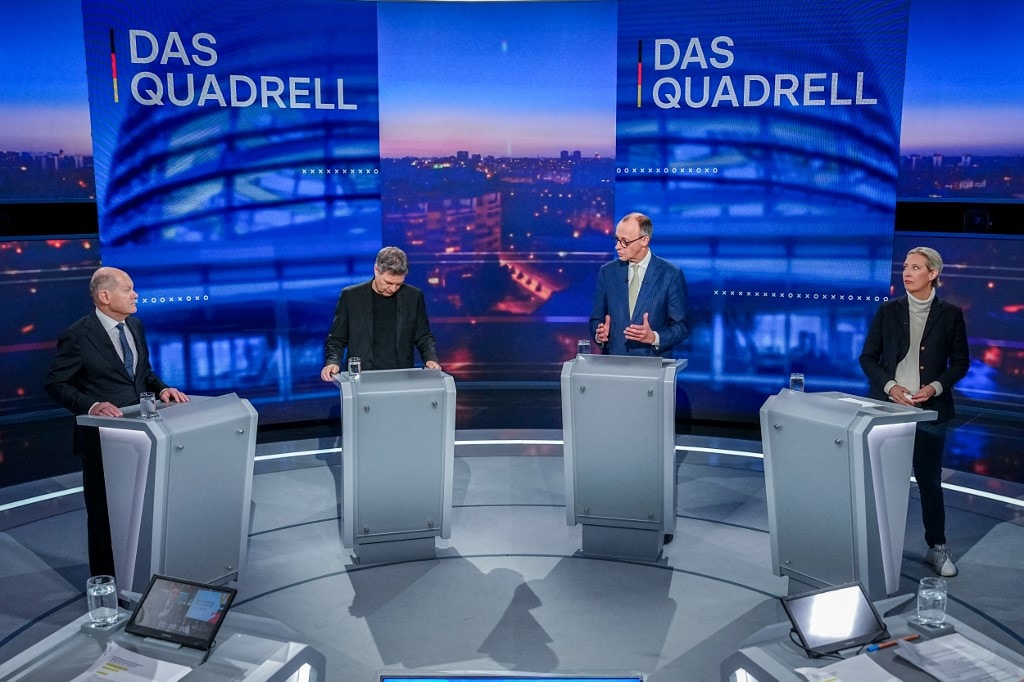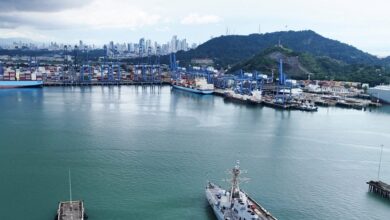Germans Votes In High-Stakes Election With Economy, Migration In Focus


Berlin:
Polling stations in Germany opened Sunday for pivotal snap national elections, which are expected to see conservatives regain power and the far-right scoring its best-ever result as Europe’s ailing economic powerhouse lurches rightwards. After weeks of campaigns dominated by Germany’s faltering economy and a succession of deadly attacks that have made migration and security a focal issue, Germans are voting to choose a government that will have to tackle the breakdown of the transatlantic alliance under US President Donald Trump and new threats to European security, in a vote closely watched in Europe and America.
Voting started at 8:00 am (0700 GMT) with more than 59 million Germans eligible to cast ballots and first estimates based on exit polls expected after elections close at 6:00 pm (1700 GMT).
Friedrich Merz, the 69-year-old conservative leader, has consistently led polls to become Germany’s next chancellor. He promised to fix most problems in four years – a tall order for Europe’s biggest economy and a creaking infrastructure.
If Merz’s Christian Democrats (CDU) win, he will need to forge an alliance with at least one other party, most likely Olaf Scholz’s Social Democrats, whose government collapsed late last year.
Government Formation
However, the post-poll coalition negotiations are expected to be tricky after a campaign which exposed sharp divisions over migration and how to deal with the Alternative for Germany (AfD) in a country where far-right politics carries a particularly strong stigma due to its Nazi past.
That could leave unpopular Chancellor Olaf Scholz in a caretaker role for months, delaying urgently needed policies to revive Europe’s largest economy after two consecutive years of contraction and as companies struggle against global rivals. It would also create a leadership vacuum in the heart of Europe even as it deals with a host of challenges, including US President Donald Trump’s threats of a trade war and attempts to fast-track a ceasefire deal for Ukraine without European involvement.
Germany, which has an export-oriented economy and long relied on the US for its security, is particularly vulnerable. Germans are more pessimistic about their living standards now than at any time since the financial crisis in 2008. The percentage who say their situation is improving dropped sharply from 42 per cent in 2023 to 27 per cent in 2024, according to pollster Gallup.
Attitudes towards migration have also hardened, a profound shift in German public sentiment since its “Refugees Welcome” culture during Europe’s migrant crisis in 2015.
Coalition Options
EU allies are cautiously hopeful the elections might deliver a more coherent government able to help drive forward policy at home and in the bloc. Some also hope Merz will reform the “debt brake,” a constitutional mechanism to limit government borrowing that critics say has strangled new investment.
The most likely outcome of this election, analysts said, is a tie-up of Merz’s conservative bloc of Christian Democrats (CDU) and Christian Social Union (CSU) with the SPD, which is polling in third place in another uneasy “grand coalition”, according to a report by Reuters.
Polls, however, suggest another three-way coalition may be necessary if several small parties make the 5 per cent threshold to enter parliament, complicating talks.
“A lot of my friends are likely going to vote for the conservatives because this government didn’t work so well and Merz’s international standing is quite good,” Mike Zeller, 26, a civil servant told Reuters.
“I just hope enough parties agree to a government so they can leave the AfD out.”
Emergence Of Far Right
Sunday’s election follows the collapse last November of Scholz’s coalition of his centre-left Social Democrats (SPD), the Greens and pro-market Free Democrats (FDP) in a row over budget spending. The SPD is headed for its worst result since World War Two.
The election campaign has been dominated by fierce exchanges over the perception that irregular immigration is out of control, fueled by a series of attacks in which the suspected perpetrators were of migrant origin.
It has also been overshadowed by the unusually forceful show of solidarity by members of the Trump administration – including Vice President JD Vance and tech billionaire Elon Musk – for the anti-migrant AfD, and broadsides against European leaders.
The 12-year-old AfD is on track to come in second place for the first time in a national election.
The AfD, however, is unlikely to govern for now as all mainstream parties have ruled out working with it, though some analysts believe it could pave the way for an AfD win in 2029. Still, its strength, along with a small but significant vote share for the far-left and the decline of Germany’s big-tent parties, is increasingly complicating the formation of coalitions and governance.




